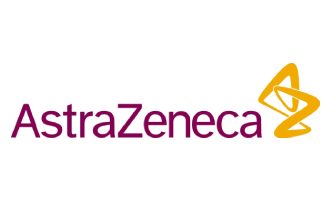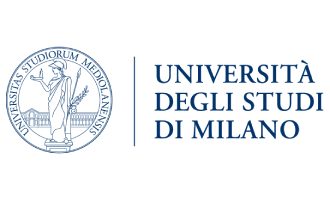WP 4.3, addresses CARDIOMYOPATHIES. Myocardial diseases include several different pathologies unchained either by intrinsic, but often inherited, defects of the cardiomyocyte, the contractile cellular unit of the myocardium, or by extrinsic noxae, as is the case of myocardial infarction due to coronary atherosclerosis or myocardial fibrosis following uncontrolled high blood pressure. In all cases, myocardial tissue undergoes a profound remodeling, during which the contractile tissue area is decreased and substituted by fibrotic, non-functional tissue, usually after tissue inflammation. The progress in DNA sequencing technology has allowed for the identification of new RNA molecules, which play a critical role in many aspects of cell biology or the study of myocardial cellularity at the single-cell level. Similarly, advances in genomic reprogramming have allowed for the generation of human disease models “in a dish” through the manipulation of patient-specific induced pluripotent stem cells. WP 4.3 aims at exploiting RNA and gene therapy approaches for curing myocardial diseases as well as using cellular reprogramming for establishing models of myocardial disease or for cardiac cell replacement therapy.












